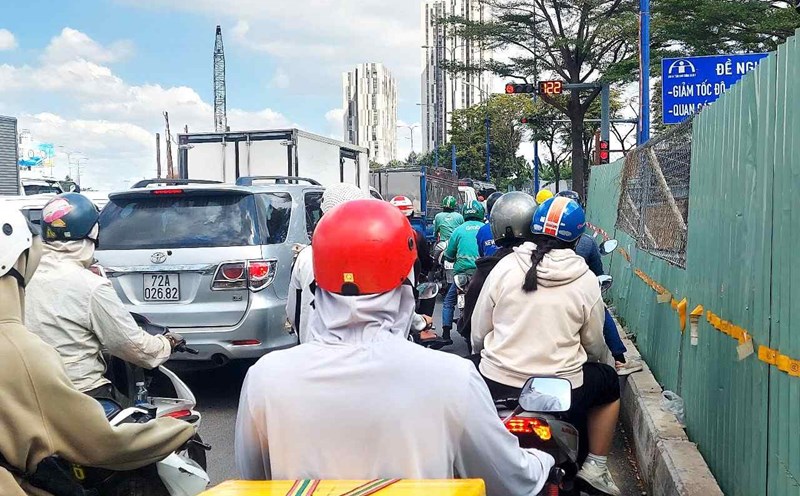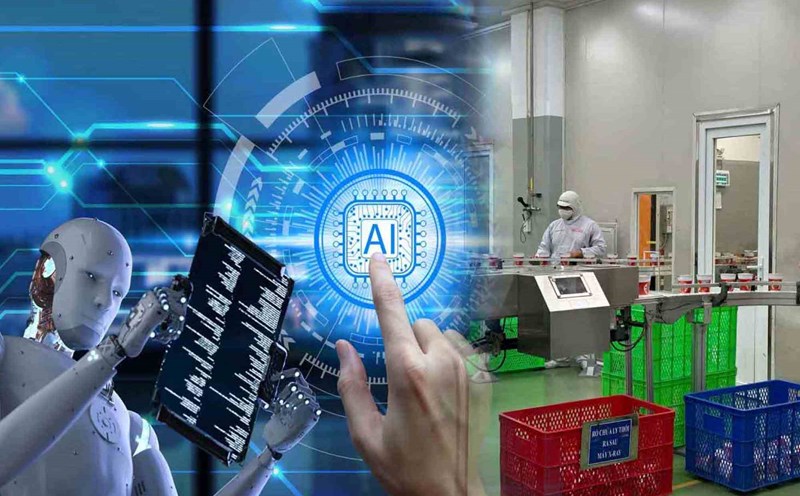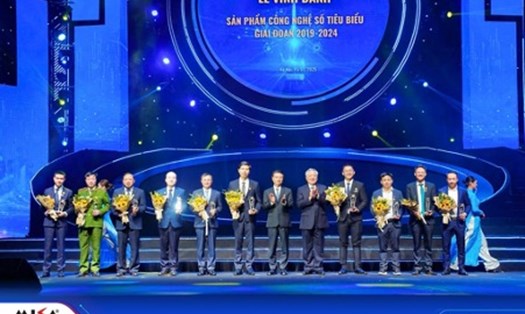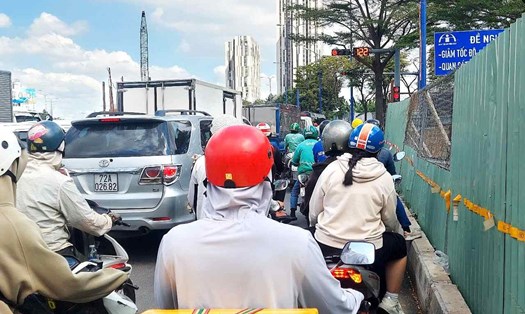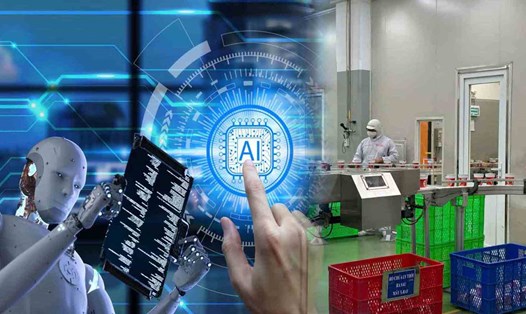Applying AI to work
Mr. Nguyen Van Duc (name changed) is a specialist in the Science Management Department of a university in Dong Da district (Hanoi).
According to Mr. Duc, a few years ago, he and his colleagues had almost no concept of AI and its applications in work. For more than a year now, AI and Chat GPT have become daily stories in the office.
“In my professional work, artificial intelligence in general and ChatGPT in particular have become powerful assistants when these applications can give suggestions in writing reports, searching for official documents or analyzing data in statistical activities quickly. Besides, the usage is quite simple, suitable for many subjects, just need a smartphone to use it conveniently,” said Mr. Duc.
Ms. Vu Quynh Thi is currently a customer service staff at a company specializing in customer service solutions on Lang Ha Street (Dong Da, Hanoi). Ms. Thi said that the customers she interacts with every day are customers of a commercial bank. This group of customers are VIPs, spend a lot or have a lot of money in their bank accounts; customers can convert the amount of money spent/accumulated into reward points, which can be used to exchange for gifts, receive vouchers, and products.
“The company I work for is in the information technology field, so we have been exposed to, familiarized with, and applied AI technology to our work very early compared to the general level in Vietnam. Currently, I use this tool every hour of every day to carry out my work and feel its great convenience. Thanks to AI technology, I can easily and quickly identify customer needs, and have a wealth of reference materials. In addition, the AI tool also helps me respond immediately to common customer requests; the smart, quick response helps me interact smoothly with customers, and communication is not rigid,” Ms. Thi shared.
Ms. Thanh Nguyen - CEO and Happiness Inspiration, Anphabe Joint Stock Company said that currently, employees have a high demand for using AI and see the outstanding application potential of this technology in their work. However, the majority of employees lack technology-related skills. "According to Anphabe's survey, more than 70% of employees rate technology skills as the most important factor, but their capacity is not commensurate," said Ms. Thanh Nguyen.
In addition to poor AI skills, workers also face the risk of job shortage/loss due to many jobs/processes being replaced by AI.
Mr. Ha Anh Tuan - CEO of Vinalink Media JSC. shared a real story at his own business: “I tested when I needed to summarize a meeting, let administrative staff and a chatbot do it together. The result, the chatbot was superior in terms of accuracy, completeness and punctuality, with a cost of only 500,000 VND/month compared to 15 million VND for staff. It is clear that people are at risk of losing their jobs because of AI”.
“Is AI a job ‘stealer’ or a ‘pioneer’ for new opportunities? This is still an open question, and the answer depends largely on how workers prepare for this wave of technology,” said Ms. Thanh Nguyen.
There will be many new jobs created.
Commenting on job opportunities in the AI era, in an interview with Lao Dong reporter, Mr. Le Quang Trung - former Deputy Director in charge of the Department of Employment (Ministry of Labor, Invalids and Social Affairs) said: "Applying AI to Vietnam, in the coming years, many current jobs will decrease or disappear and many new jobs will also be created, leading to inevitable changes in personnel, in which technology plays a decisive role".
In particular, for repetitive occupations, technology can gradually replace and eventually replace them to the maximum extent, such as transaction staff, data entry staff, etc. Therefore, businesses and employers need to assess and forecast the fields, jobs, and levels of impact of AI to have human resource solutions, and have specific plans to train, retrain, foster, and improve human resources to meet new needs.
Industries affected by automation include replacing manual labor with robots and AI, leaving only highly skilled workers. The booming e-commerce retail (Shopee, Lazada) reduces the competitiveness of traditional stores. Unmanned stores (eg Amazon Go) are increasingly popular. Logistics systems automate warehouses and deliver goods by drones or self-driving cars. In return, industries that are developing strongly in information technology (IT) will have a high demand for software development engineers, applications, and cloud systems, data analytics (Data Analytics) or data experts. The cybersecurity field will also increase human resources to protect systems from the risk of cyber attacks. AI applications AI application experts in fields such as finance and healthcare are increasingly sought after. Therefore, those who are quick to improve their digital skills will grasp many opportunities and advantages.


